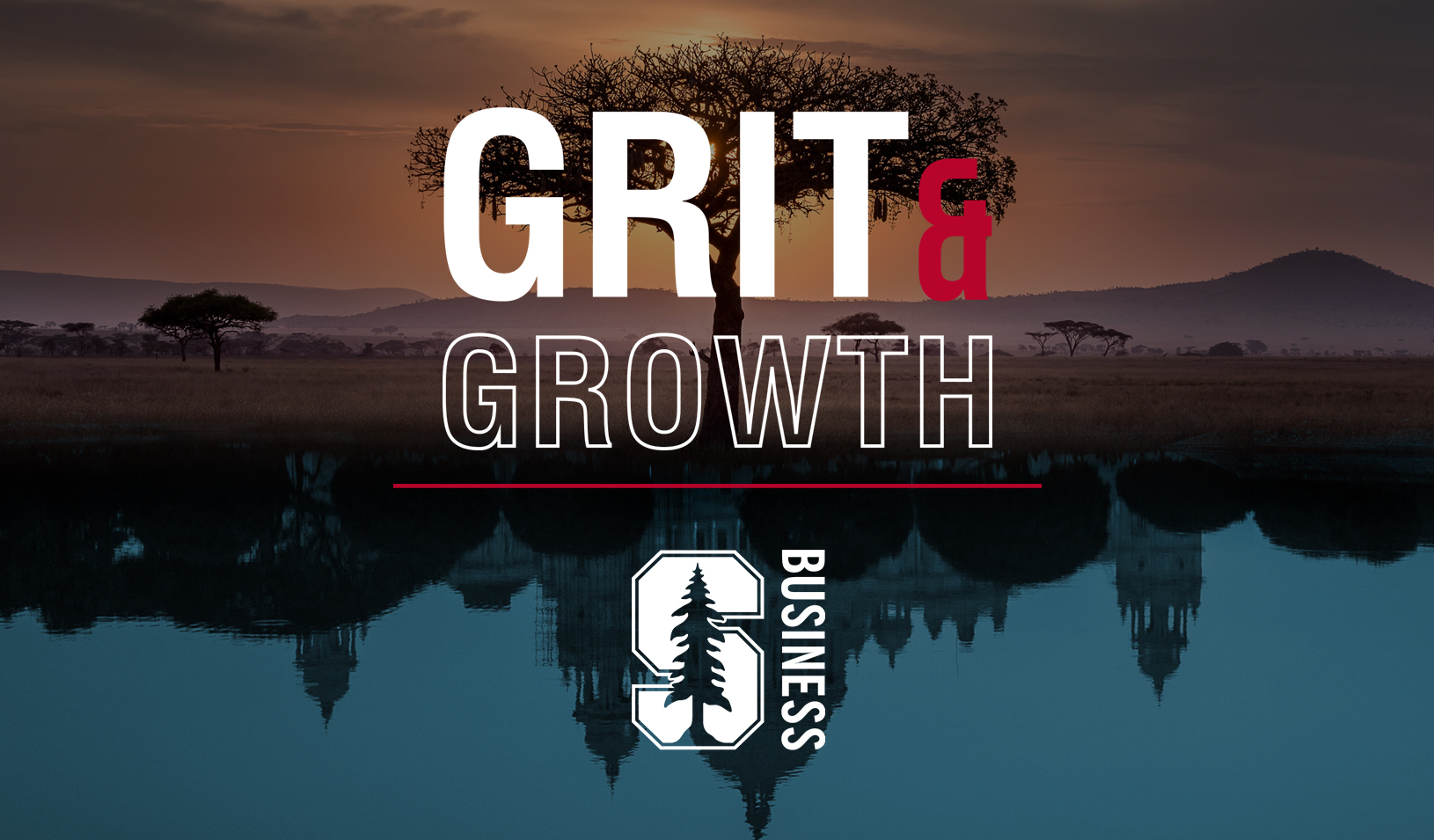Merck CEO: Expect Economic Inequality, Refuse Political Inequality
Kenneth Frazier talks free market, drug prices, and board diversity.
July 06, 2018
Merck CEO Kenneth Frazier advises students to maximize the number of people you help. | Photo by Kiefer Hickman
Merck & Co. CEO Kenneth Frazier has always walked his own path, even before he made headlines as the first executive to leave Trump’s business advisory panel to protest the president’s response to the Charlottesville neo-Nazi demonstration.
Frazier, 63, grew up in a poor North Philadelphia neighborhood. His father, a janitor, had been a sharecropper before moving to Pennsylvania. Frazier excelled in school, entering Penn State at age 16 and eventually earning a law degree from Harvard. As a lawyer, he successfully fought to overturn the death sentence of James Willie “Bo” Cochran, an Alabama man who spent 19 years on death row for a crime he did not commit. Frazier also took summer sabbaticals to teach law in South Africa.
He became partner at Drinker Biddle & Reath, a Philadelphia law firm, then joined Merck as one of the company’s general counsels. He became the senior general counsel and, at the urging of the CEO, eventually crossed over to the business side.
Frazier moved into the corner office in 2011, becoming the first African American to lead a major pharmaceutical company. As CEO, he has pushed the company to invest in treatments for serious diseases, particularly those that affect people in developing countries, even when that means profits could suffer. He discussed drug pricing, board diversity, and career advice during a recent View From The Top lecture at Stanford Graduate School of Business.
The Problem With Lower Drug Prices
Frazier doesn’t see a need to lower drug prices in the United States, he told students. “At the end of the day, the only thing worse than Americans paying a very substantial amount for drugs is Americans not paying a substantial amount for drugs,” he says. “If they didn’t, we couldn’t raise the capital to take the risk that we do in R&D.”
Also, while it may seem counterintuitive, pharmaceutical companies that lower prices become less competitive, Frazier says. That’s because many of their vendors in the supply chain make money as a percentage of the list price. “So for them, high prices are better than low prices,” he says. “There’s something wrong with a system that operates that way.”
Accepting Economic Inequality, Not Political Inequality
Frazier describes himself as a staunch defender of the free market, and in a free market, he acknowledges, there will always be some level of economic inequality. People who create value are going to have more resources than people who consume value, and it isn’t possible for everyone to have the same amount of resources, Frazier says. But capitalism, he says, is “the best economic system in the world.”
“However, if you allow that economic inequality to translate into political inequality, for example, and people who have a lot of money can buy elected representatives, then I have a problem with that,” he says.
Diverse Boards Are Stronger Boards
Group think, says Frazier, is an endemic problem for boards of directors. “If you get a bunch of people who come from the same background, they’re more likely to see the problem the same way than people who come from different backgrounds.” The board at Merck, though, has become more diverse and thus brings experiences that are quite different than those of the management team, he says. “At the end of the day, you want people who come into the boardroom with very different experiences and perspectives. That’s how you get the best deliberations.”
Want to Do Good? Become CEO
As a young man, Frazier wanted to be a legal aid lawyer as a way to help people. But he later realized that institutions have the power to do more for people than he ever could. As the CEO of Merck, he has the power to direct the company’s resources to find an Ebola vaccine, a product of great social value but zero commercial value. So, if you want to do good for the most people, “become a CEO,” Frazier says.
Business Should Be More Than Business
The CEO has a responsibility to look after the interests of shareholders and employees and patients. But there’s no formulaic way to balance those responsibilities, Frazier says. “If you’re maximizing the number of people you help and you’re maximizing the amount of good that you do for the people that you are helping, then all of those other metrics will fall into place,” he says. “If you get up in the morning and your sole intent is to make money for your shareholders, you’ll miss some really great opportunities to do a lot of good for a lot of people.”
Five Quick Career Tips
In a lightning round of questioning, Frazier also offered this fast advice for the students in attendance:
- “Get on the ladder” rather than wait for the perfect job.
- Go into tech, not finance.
- Stay in the United States instead of going to China. If you have to choose between the East Coast and the West Coast, go east.
- Postpone having children.
- Despite the state of the world today, choose optimism over pessimism.
For media inquiries, visit the Newsroom.
Explore More

Navigating Corruption: A Case Study from India

Anne Wojcicki: There’s No Such Thing as the Perfect Dataset



